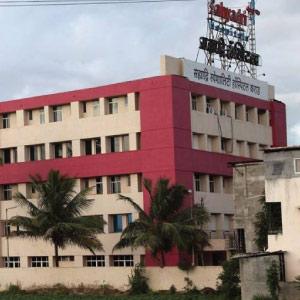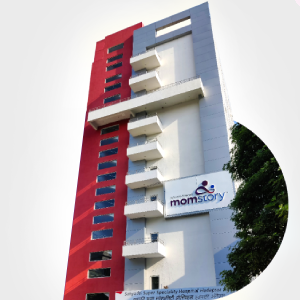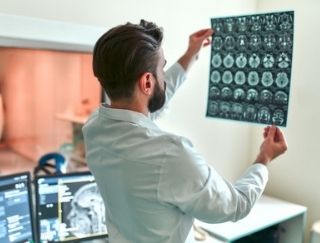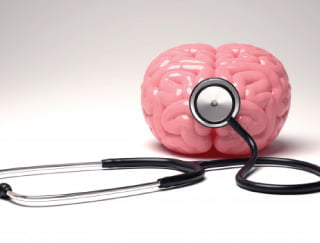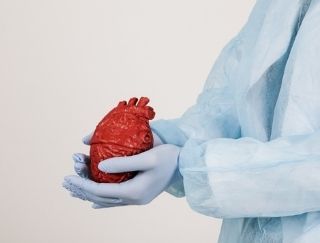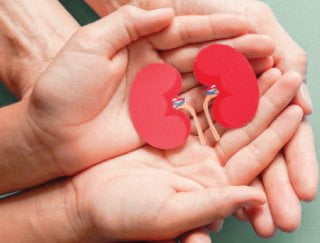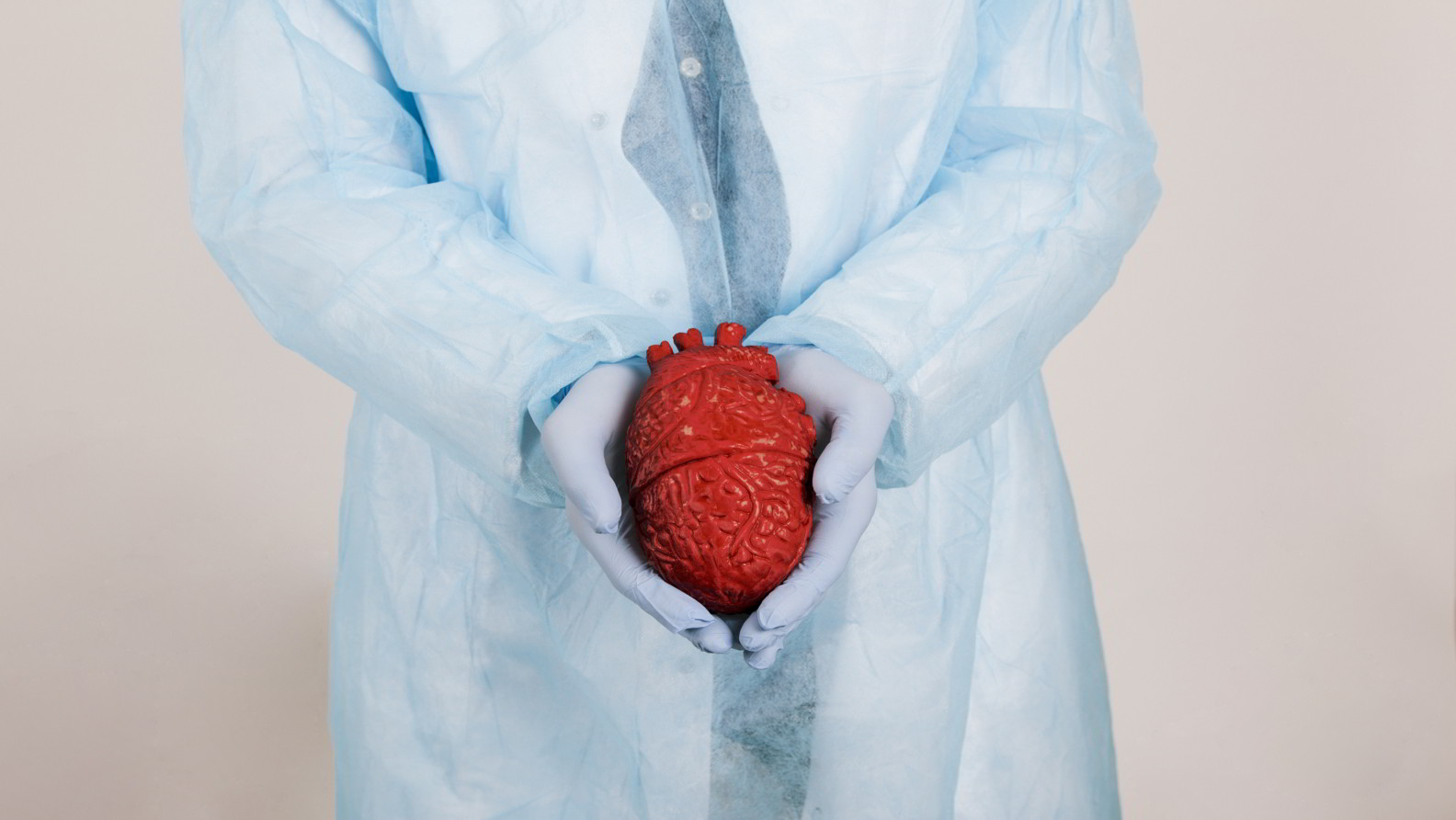
Overview
Since the first heart transplant in 1967, this life-saving procedure has helped countless individuals facing advanced heart disease. If you’re dealing with severe heart problems like heart failure, your doctor might recommend a heart transplant as a treatment option.
A heart transplant involves surgically replacing a diseased heart with a healthy one from a donor. The donor is someone who has recently passed away from other causes. If you’re considering a heart transplant or your doctor has suggested it, there are a few important things you should know beforehand.
Quick Facts To Read Under Heart Transplant
What is a Heart Transplant?
This procedure is recommended by doctors for patients with advanced heart conditions. When medications and other treatments prove ineffective, a heart transplant can be life-saving. While it’s a major operation, with proper post-surgery care, a heart transplant can significantly improve your chances of survival.
Who needs it?
There are several reasons one might need a heart transplant. It includes:
- Cardiomyopathy (weak heart muscle)
- Heart valve disease
- Coronary artery disease
- Congenital heart defect (a heart problem you are born with)
- Ventricular arrhythmias (severe recurring abnormal heart rhythms)
- A previously failed heart transplant
Before deciding on a heart transplant as the only possible treatment, your doctor will ensure certain things.
- Has he tried and tested all other methods?
- Will the patient die without a transplant?
- Is the patient’s overall health alright, other than the heart?
- Can the patient adhere to significant lifestyle changes after the transplant?
If the answer to all these questions is yes, your doctor will suggest a heart transplant. However, if the answers are ‘NO’ or confusing, you might not be the right candidate. In addition, you might not be considered the right candidate if you have other medical conditions like obesity or acute infections.
How to prepare for a Heart Transplant?
After approval, the next step is to get you on a transplant waiting list and wait for a donor. Waiting for a donor can be a long and stressful stage. However, your family and friends can stay with you and help you pass this stressful time.
Meanwhile, if a donor is found, a doctor takes care of your heart and controls further damage in the best possible ways. However, if therapy cannot support vital organs until you wait for a transplant, the doctor might use device implants to support your heart.
How is a donor found?
The organ gets updated on the waiting list, and based on the matches like blood type, body size, and waiting period, it is given to the patient in need.
What happens during a Heart Transplant procedure?
Next, the surgeons will incise your chest and remove your diseased heart. They will then sew the donor’s heart and connect the blood vessels to ensure blood flow. Soon, the heart gets heated and starts beating once the blood flow is restored. However, an electric shock would be required to make a heartbeat.
Once the surgery is done, you will stay hospitalized for a few days under strict medical supervision. Doctors will monitor your heart function and ensure your body doesn’t reject it.
Organ rejection occurs when the body identifies the donor organ, damaging and destroying its cells. If not controlled, the immune system can destroy the newly transplanted organ. To prevent this, doctors give immunosuppressants to suppress the immune system.
Organ rejection can happen anytime after a transplant, so patients are given immunosuppressants for the rest of their lives. Therefore, consult your doctors immediately if you notice symptoms like shortness of breath, fatigue, or weight gain.
How do you take care of your health post-surgery?
- Take proper medications and therapies.
- Take cardiac rehabilitation.
- Pay attention to your diet and nutrition.
- Indulge in a regular exercise routine.
If you take care of your heart after a transplant, you will live a long and healthy life. Post-surgery care is crucial in a heart transplant operation as it decides how well the heart will perform in the future.
Why is Sahyadri Hospital the best hospital for Heart Transplants?
In addition, our transplant unit also integrates, addresses, and analyses the overall health concerns of all our transplant patients and their families. When you choose us, you choose hope—a second chance at life.
If you or your loved one needs a heart transplant, you can always contact us for the best heart treatment.
Our Team of Heart Transplant Experts at Sahyadri Hospitals
Patient Feedback
Centres of Excellence
Sahyadri Hospital Locations
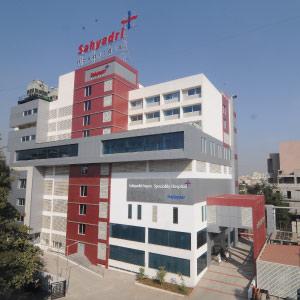
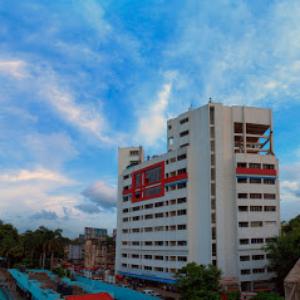

Plot No. 30-C, Erandvane, Karve Rd, Deccan Gymkhana, Pune - 411004
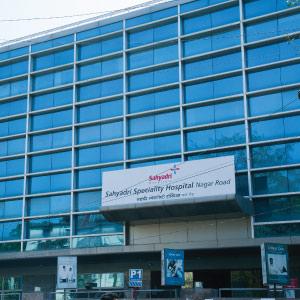

Near Hermes Heritage, Nagar Rd, Shastrinagar, Yerawada, Pune - 411006
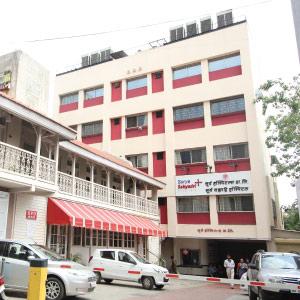
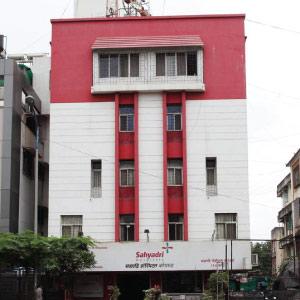

Neena Co-op. Housing Society, Plot No. 9-B, Lokmanya Colony, Kothrud, Pune - 411038
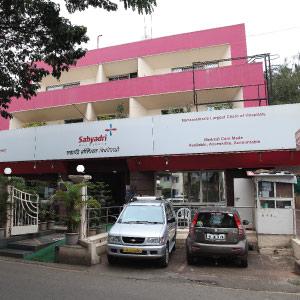

Plot No. 13 S. No. 573, Swami Vivekananda Marg, Bibwewadi, Pune - 411037
